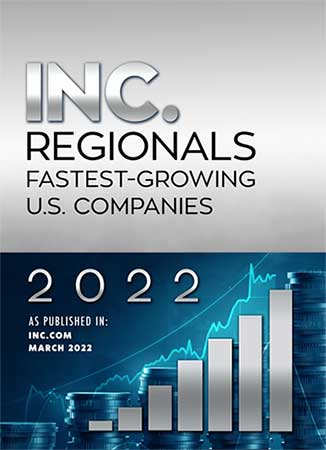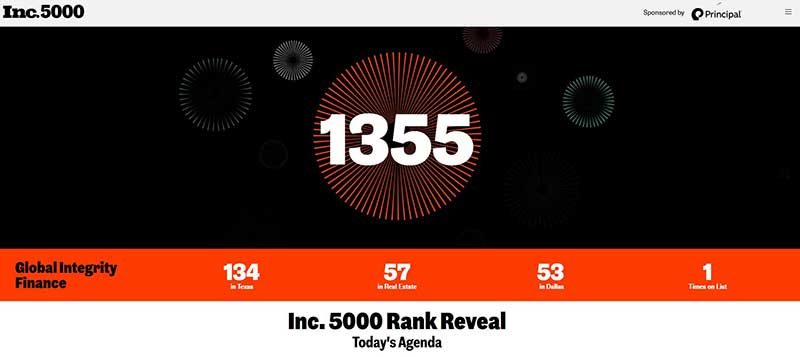Rental properties are a great source of income, especially for people who want to get started in real estate investment. However, purchasing a rental property is much more complicated than many believe. This is because buying a rental property requires a different kind of mortgage than a normal home that you would be living in.
Financing a rental property is not the same as going to the bank and getting a mortgage for your personal residence. If you are a first-time buyer, you should prepare to meet some requirements of the lender before they will give you a rental mortgage.
What is the Difference Between a Residential and a Rental Mortgage?
Applying for a rental loan will use a similar process to the residential loan, but each lender may require certain criteria to be met before giving you a rental loan. It is much easier to obtain a mortgage for your first residential home than your first rental home, but don’t let that scare you away. It is still possible to get that loan.
So, what exactly makes the two mortgages different? Let’s take a look.
Residential Loan
A residential loan is for a home that you, the owner, plan on living in while paying the mortgage. For your first home, the down payment will most likely be around 10% of the property’s price. If you are able to qualify for an FHA underwritten loan, your down payment can be as little as 3.5%.
 If you put the minimum amount down on your mortgage, your lender will require you to carry private mortgage insurance. This can run around 0.5% to 2.5% of your home value per year. If you put down a payment of 20%, you will not be required to carry this type of insurance.
If you put the minimum amount down on your mortgage, your lender will require you to carry private mortgage insurance. This can run around 0.5% to 2.5% of your home value per year. If you put down a payment of 20%, you will not be required to carry this type of insurance.
When it comes to credit requirements, most lenders won’t qualify you with a credit score under 580. If a lender is willing to provide you with a loan when your credit score is less than 580, they can require that you pay a higher down payment, which could be 10% or more higher than normal.
Interest rates vary based on the market and the lender. As a general rule, the interest rate on your first home will usually run from 3.41% to 4.27%.
Rental Loan
When it comes to rental loans, lenders are much more strict because investment properties are more risky than residential properties. There is a higher chance for late payments, or payments may completely stop. Rental loans require a higher down payment, usually 20%, sometimes more. A lender may also require you to have a cash reserve of six months of mortgage payments to ensure that the loan payments will be made.
Income is more important in regard to a rental mortgage. You will have to prove that your debt-to-income ratio is at or below 36% to confirm that you have enough money to cover the new expenses.
Rental loans also require a much higher credit score than a residential mortgage. Most lenders require a score of 720 or higher. This will also help you, the lender, receive better rates and terms for your loan.
As for interest rates, they will usually be higher as well. If you have a mortgage on your personal residence at an interest rate of 3.5%, you could expect an interest rate of 4-4.4% on a rental mortgage.
Check out more info on Long-Term Rental Financing
Types of Rental Property Loans
There are a few different types of rental property investment loans that you can apply for if you are interested in investing in real estate. In addition to a rental property mortgage, there is also private equity loans and conventional loans.
Private Equity Rental Property Loans
private equity loans are designed for borrowers that will not be living on the property, but instead will be renting it out to tenants or as a vacation rental. Most lenders will require a credit score of 640 or higher.
You do not need to prove your debt-to-income or have a cash reserve for this type of loan. The down payment required is at least 20%, and the interest rate runs around 5.125% or more. They offer repayment terms of 3-30 years and can provide funding in less than one month.
They also have prepayment penalties; 3% if you pay it off the first year, 2% if you pay it off the second year, 1% if you pay it off the third year, and no penalties after 3 years.
Conventional Rental Property Loans
These loans are commonly known as Fannie Mae and Freddie Mac loans. This is because they are “nicknames” for the Federal National Mortgage Association and the Federal Home Loan Mortgage Corporation, both of which are government-backed.
These loans require a debt-to-income ratio of less than 50% and a credit score of at least 620. Down payments vary from 5-20% and the interest rates fluctuate with the current market.
The maximum number of conventional loans you can have is 10, however you may have a hard time getting approved for more than 4, as the requirements become more strict. You must be able to prove your debt-to-income ratio for each additional mortgage you want to take on.
Conclusion
When buying a rental property, it is important to consider all of the costs that are involved. You also need to make sure you meet the requirements of lenders to be approved for a loan. You need to make sure you can cover the down payment, inspections, closing costs, and any other expense that comes along with purchasing a house.
Owning a rental property can be a great investment if you take the time to look at the different types of loans available to you. Make sure you can pay the up-front costs and take care of the mortgage if something were to happen where your tenants don’t pay. If you prepare yourself properly with the right loan, you can turn around a profit and create a full-time job of managing your own rental properties.
For the latest up to date industry news, visit our Mortgage News Hub







